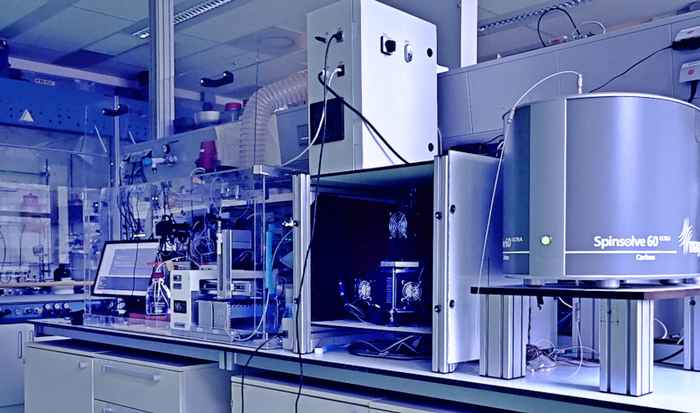Vici grant for Prof. Timothy Noel
For development of ‘SynthBot’, transforming synthetic organic chemistry
27 February 2025

The Vici grant is the culmination of the NWO Talent Programme in which Prof. Noel was earlier awarded the Veni (2012) and Vidi (2015) grants – a distinction that has fallen to only a few researchers before him. The Veni grant marked the beginning of his career in the Netherlands, setting the stage for a mission to harness technological innovation to ‘reimagine synthetic organic chemistry’. ‘I am honored to receive this Vici grant and excited about the potential of SynthBot to impact chemical synthesis,’ says Noel. ‘By combining automation and artificial intelligence, we can push the boundaries of what is possible in chemical research and unlock new opportunities.’
A bold step towards the future of chemistry
Modern chemistry labs still rely heavily on manual processes that are time-consuming, costly, and often hazardous. With the SynthBot project, Noel aims to take a bold step toward the future of chemistry where, in his view, automation and machine learning drive innovation, safety, and efficiency. He envisions a scientific landscape that will be both more sustainable and easier to access.

Noël already laid the foundation for this with the RoboChem platform, a pioneering robotic system presented in a paper in Science last year. ‘The Vici funding now provides a significant boost to the development of a fully integrated robotic ecosystem poised to redefine the future of synthetic organic chemistry.’
SynthBot will be an innovative robotic platform designed to automate critical steps in chemical synthesis - from discovering new reactions to optimizing them. The reactions will be executed using flow reactor technology that has in part been developed 'in-house' at Noël's research group. 'The concept of flow chemistry', he explains, 'uniquely allows precise control over mixing, reaction heating and irradiation. This ensures very reproducible and scalable results. By leveraging machine learning and advanced automation we expect to optimize the chemistry while reducing waste and enhancing safety.' Noel expects SynthBot to accelerate chemical research and render cutting-edge chemical techniques more accessible to both academic and industrial researchers. Ultimately, he hopes the novel approach will drive major breakthroughs in medicine, materials science, and sustainable chemistry.